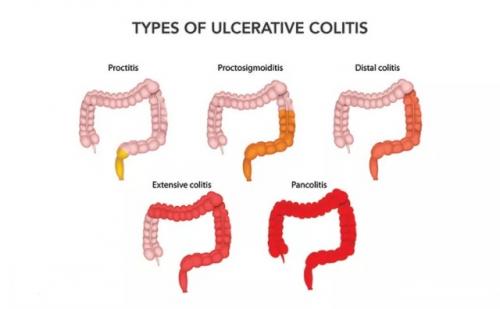What is Hepatology? | Brief Overview of its Hepatic Medical Conditions
Hepatology is the domain of medical science that focuses on diseases of
the liver as well as discerning related conditions. Hepatologists,
additionally, are the medical experts specializing in the diagnosis and
treatment of hepatic diseases and the organs that these conditions affect.
These organs include the liver, gallbladder, pancreas, and biliary tract. The
proper functioning of these organs is vital to the well-being of a person. In
case any of these organs gets severely damaged, the results can be detrimental
for a person. As a result, people must contact the best hepatologist in Delhi as soon as possible in case they are diagnosed with hepatic conditions
like hepatitis, fatty liver disease, pancreatitis, and so on.

The following pointers provide a brief insight on some of the most
prominent hepatic conditions:
- Alcoholic
liver disease: Alcoholic
liver disease is a common condition that develops due to extreme alcohol consumption,
and can damage the liver. Cirrhosis is the ultimate stage of alcoholic
liver disease, and people reaching it may even have to go for an organ
transplant. The key symptoms of alcoholic liver damage include extreme
pain or swollenness in the abdominal region. This condition can even give
rise to certain nervous system and brain-related issues that influence the
mood or memory of the patient.
- Autoimmune
Hepatitis: Autoimmune
hepatitis is a medical condition that occurs in the situation when the
immune system of a person starts to attack the healthy liver cells,
thereby causing inflammation. Autoimmune hepatitis may even eventually
lead to liver failure and cirrhosis. The symptoms of autoimmune hepatitis
include high fatigue, dark coloured urine, abdominal discomfort, and
itchiness.
- Cirrhosis: The liver is among the most important
organs of the human body, and there are a lot of factors that can cause
damage to it, including genetic disorders, infections, alcohol, and
toxins. These elements may result in scarring and inflammation of the
liver, which might eventually develop in cirrhosis. Cirrhosis is a
life-threatening condition.
- Ascites: In such a condition, fluids build up in
the lining present between the abdomen and the abdominal organs. People
suffering from liver damage and congestive heart failure are the ones
among whom the problem of ascites is most common. Individuals who are
suffering from cancers related to the abdominal region like pancreatic,
ovarian, and colon cancer, are typically at high risk of developing
ascites as well.
- Fatty
liver disease: Hepatitis
C, obesity, heredity issues, and alcohol abuse may lead to a build-up of
fat in the liver. This condition is known as fatty liver disease, and may
ultimately result in liver failure and cirrhosis if not treated on time.
- Hepatitis
B and C: Hepatitis B is
contagious and often considered a chronic liver disease, and spreads
through vaginal fluid, semen, and blood.
Hepatitis C, on the other hand, is infectious in which the liver
tends to become inflamed.
A person diagnosed with any of the listed above must try their best to
consult the best hepatologist in Delhi as soon as they can, to acquire proper,
timely treatment.



Comments